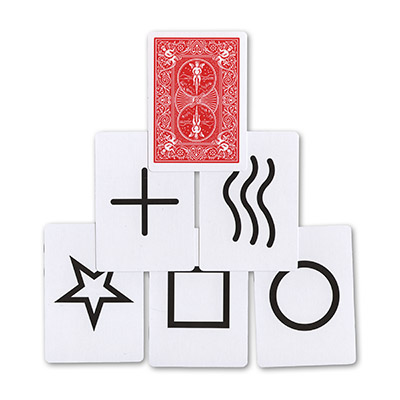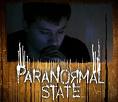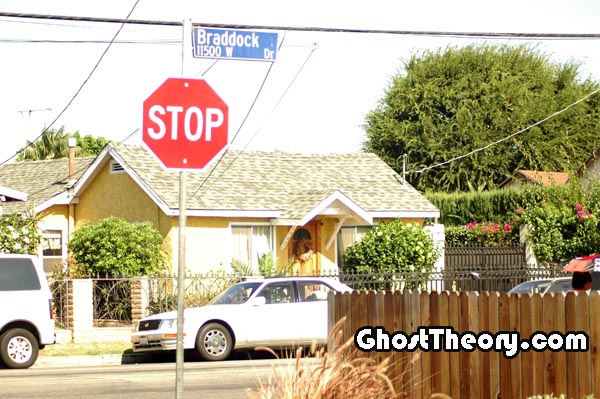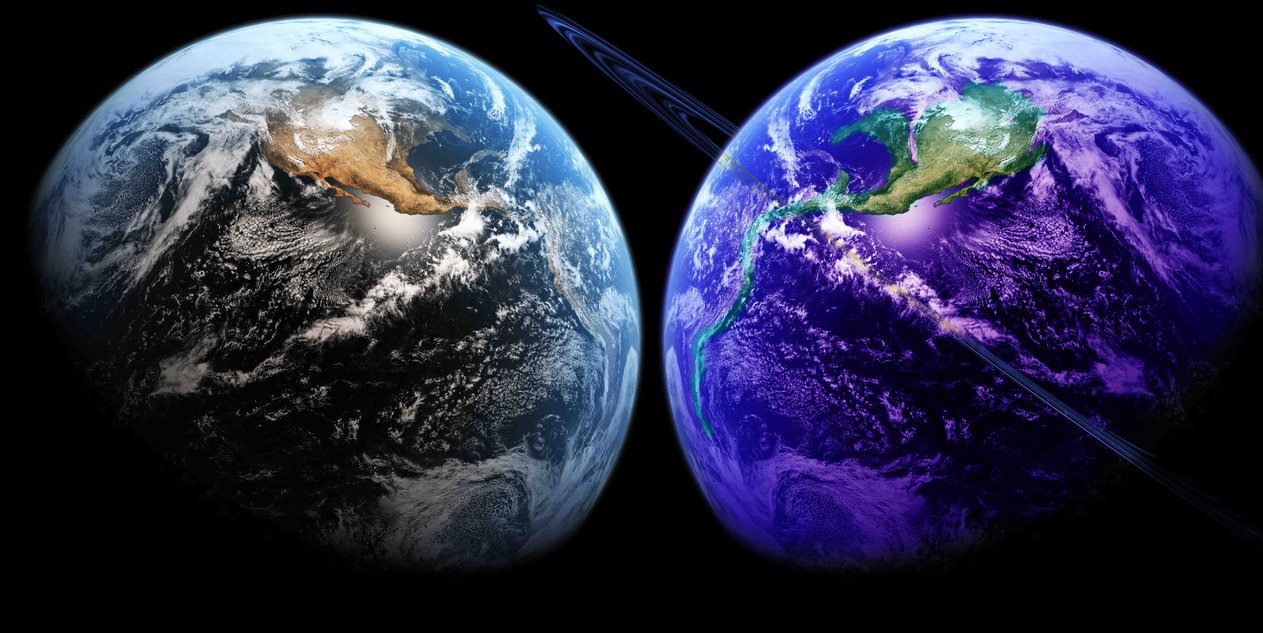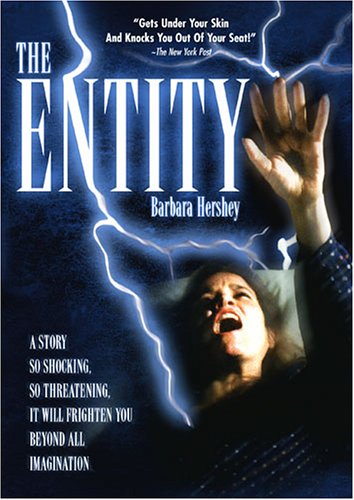The Malaysian news site “The Star Online” has an interview with parapsychologist Dr. Caroline Watt of the Parapsychological Association, in which she talks about the studies in parapsychology and its hardships.
Many people think that parapsychology is what the “Ghost Hunters” or the kids from “Paranormal State” is. I say this because I’ve heard it come out their mouths. So it is no wonder why many non-scientific people refer to Parapsychology as mindless ghost hunting by the most gullibe.
I think most readers here on GhostTheory have a healthy sense of skepticism and rational belief. This is why I think it is such a great online community.
“I think those who have bothered to take the time to read the research literature in parapsychology are pleasantly surprised to find that the methodology is quite sophisticated.” -Dr. Caroline Watt.
Full source: The Star Online
DUE to the lack of concrete evidence, sceptics tend to put down accounts of hauntings to the workings of an overactive imagination.
But what if one chose to look into these claims based on logical reasoning?
Welcome to the field of parapsychology, where so-called paranormal phenomena is investigated by using scientific methods.
While it is worth noting that these researchers are a far cry from the “ghost-hunters” seen on television, parapsychology has routinely come under criticism for being a pseudo-science.
A senior lecturer at the Koestler Parapsychology Unit (KPU) at the University of Edinburgh, Scotland, Dr Caroline Watt feels that her fellow scientists should not be so quick to judge.
“Parapsychologists are studying the subject and testing hypotheses in a carefully controlled and scientific manner,” she says in an e-mail interview.
“I think those who have bothered to take the time to read the research literature in parapsychology are pleasantly surprised to find that the methodology is quite sophisticated.”
However, she admits that one of the area’s weaknesses is that it lacks a well-established theory to help guide research questions.
“In that sense, then, I would say that parapsychology is a ‘proto-science’, still exploring basic questions and methods,” adds Dr Watt.
The KPU’s research areas include testing claims of psychic ability as well as the explanations of people’s paranormal beliefs; paranormal enthusiasts may want to take note that the unit even runs an online course on parapyschology.
One particularly interesting line of study is that of ghostly experiences at allegedly haunted locations, and Dr Watt explains that these may be caused by psychological and environmental factors.
“There is some evidence that electromagnetic activity and infrasound, both subtle physical signals, can cause people to feel uneasy,” she says.
“Also, I have found that physical features such as lighting levels and the size of a room can correlate with reports of ghostly experiences.” She adds that some individuals may be more susceptible to such environmental cues.
Despite the existence of more mundane interpretations of hauntings, why do people still turn to other-worldly explanations?
“Often, the plausible answers are not the most obvious to the person experiencing such phenomena,” says Dr Watt.
“Also, people may have a psychological need to believe. Even though the world is largely uncontrollable, superstitious behaviours and beliefs can be comforting to them.”

